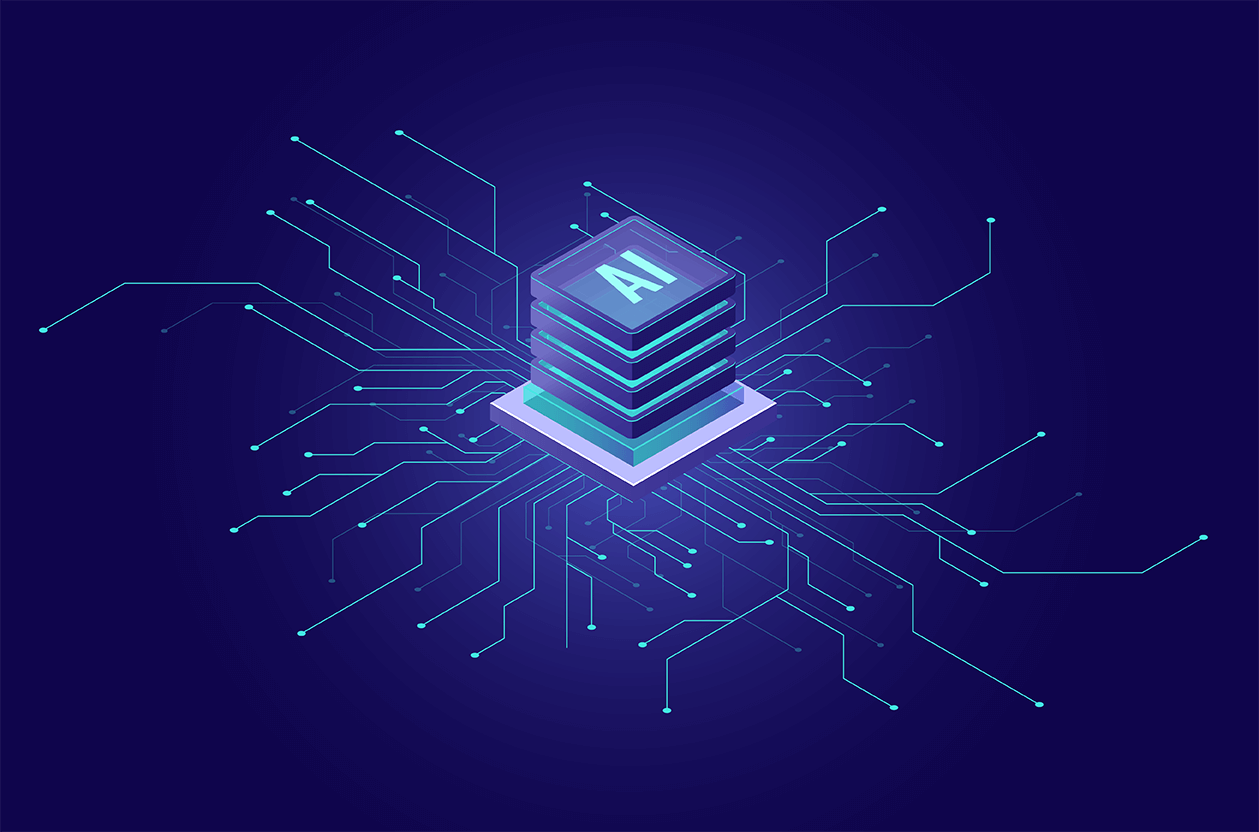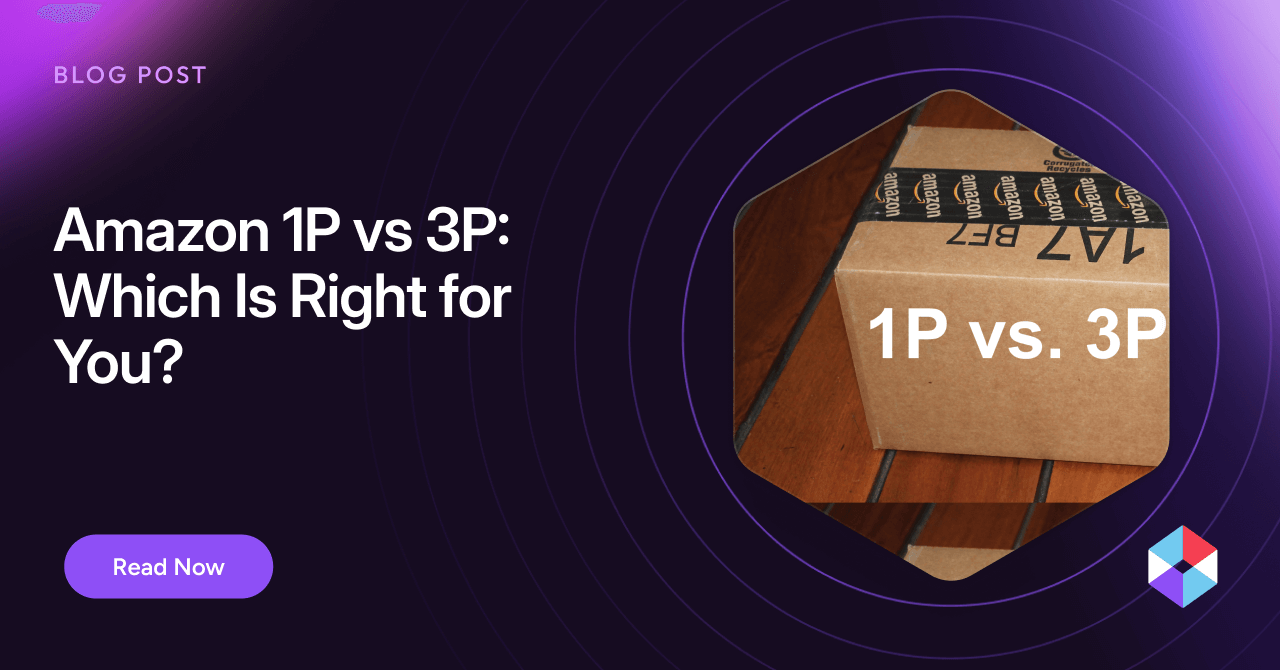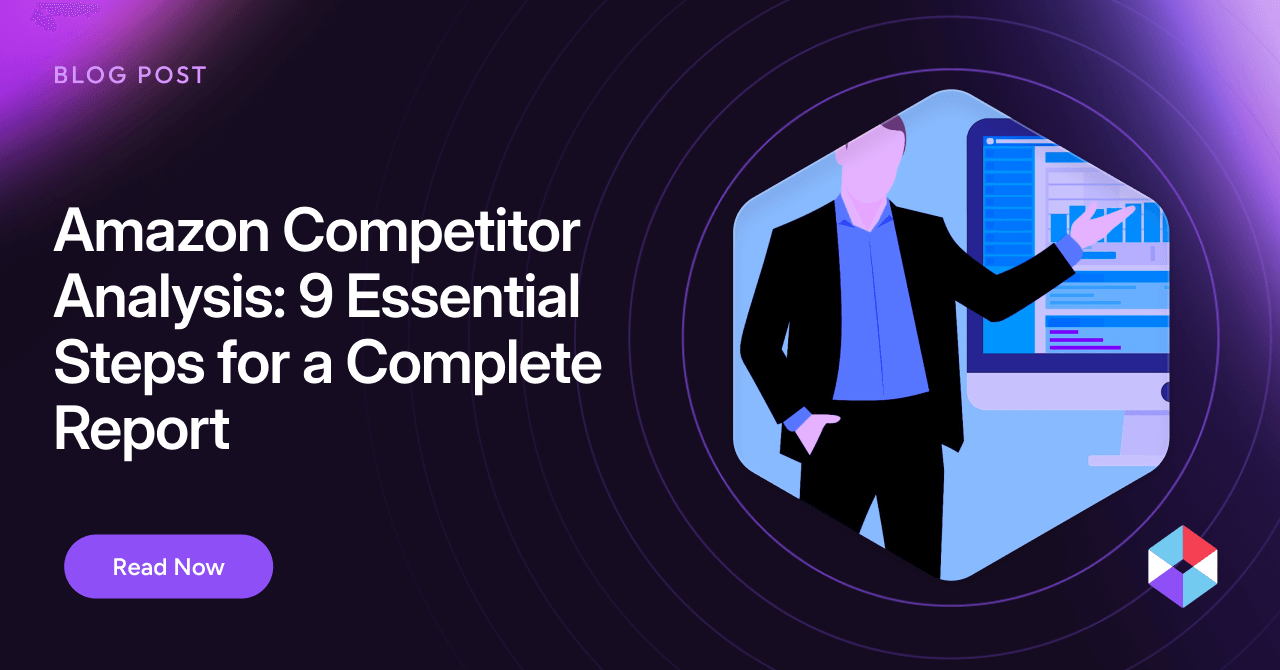AutoML platforms are a tempting proposition for any organization with in-house teams of data scientists looking to develop AI/ML models. Such platforms have provided a fertile sandbox to speed the development of proprietary AI/ML models. However, alternative approaches are now making AI/ML even easier to deploy and directly accessible to business users with little technical expertise.
For organizations with in-house teams of data scientists and data engineers, AutoML platforms have provided an excellent environment for model development. But model development does not always equate to immediate ROI for the business. In order for artificial intelligence to have a tangible business impact, organizations need to integrate models effectively into their day-to-day business processes, and do that at the speed of business. From that perspective, proprietary model development using AutoML platforms have typically encountered a couple of key challenges:
Time
While the ‘auto’ in AutoML suggests a high level of automation, it is important to note that this applies principally to helping data scientists develop models more quickly. It does not mean models are ready to deploy out-of-the-box. For the model to create business impact and value, it needs to be integrated into the relevant business workflow, connecting to the needed data and injecting models’ output into the right user and business flow. AutoML only focuses on the model development part of the challenge. For a complete solution, a significant amount of time and effort will go into finding and preparing the right data to support each specific business use case, and composing workflows to ensure model outputs can easily be incorporated into business processes.
Business focus
AutoML platforms provide a great environment for data science teams to develop machine learning models. But to deliver ROI they need to positively impact the business in a meaningful way. One of the biggest challenges faced by large organizations is how best to coordinate projects that require a mix of business and technical expertise. It is important that cross-functional teams remain focused on delivering business outcomes, particularly when it relates to an emerging and potentially disruptive technology such as artificial intelligence. If not, then the risk is that data scientists use AutoML platforms to experiment with interesting new technical capabilities, but do not necessarily move the needle for the business.
An alternative approach
Given the challenges highlighted, it is fair to ask what an alternative approach might be in helping to scale AI across an enterprise. In our opinion, a crucial success factor is the ability to make the technology directly accessible by business users. After all, they have the data and ‘own’ the business question in the first place. A no code AI platform that empowers business users to build their own AI data-driven solutions is therefore one way to accelerate ROI. In a follow-up blog next week, I will discuss the key principles needed for such a platform and how to overcome the challenges we have mentioned.



